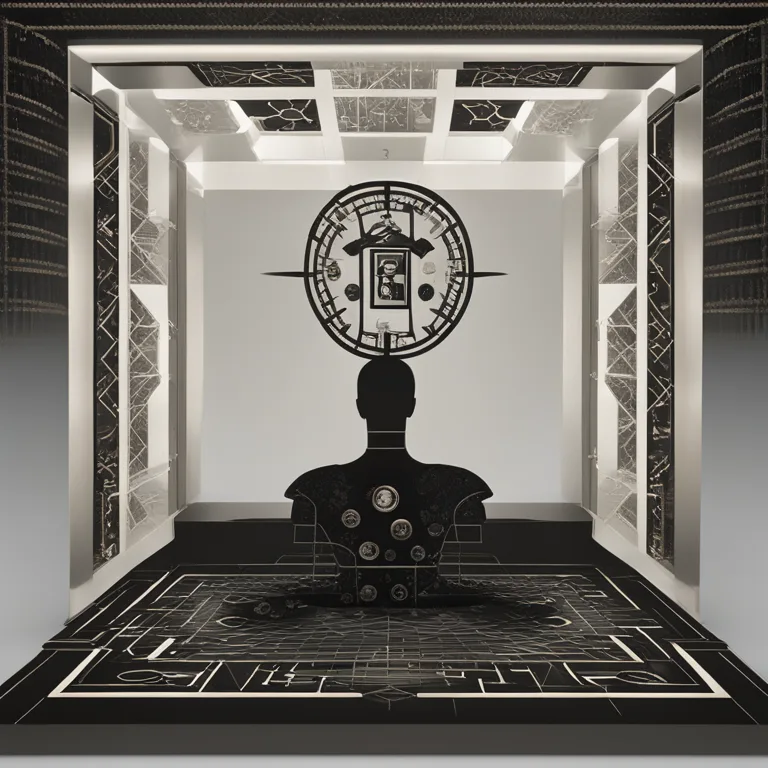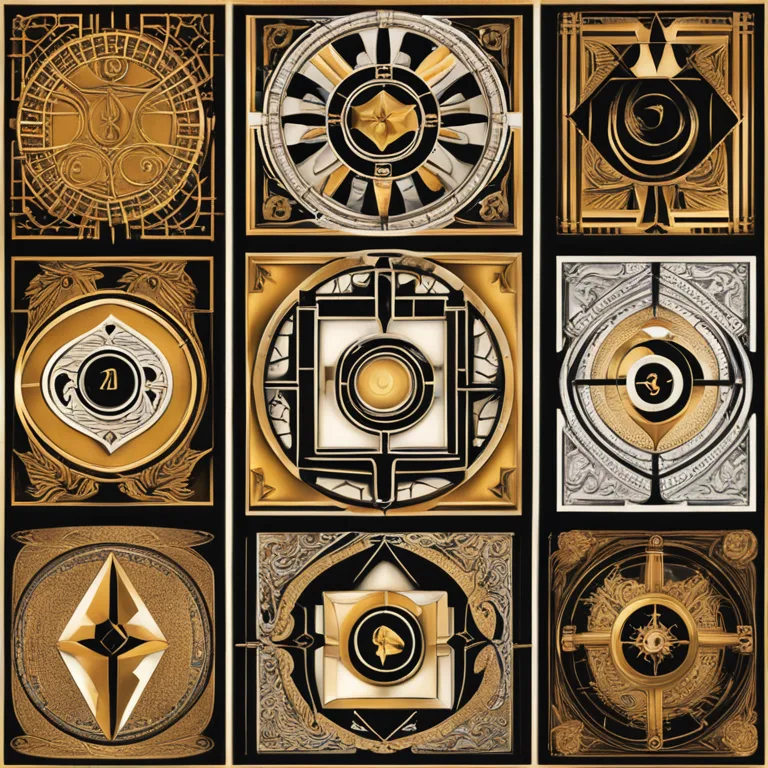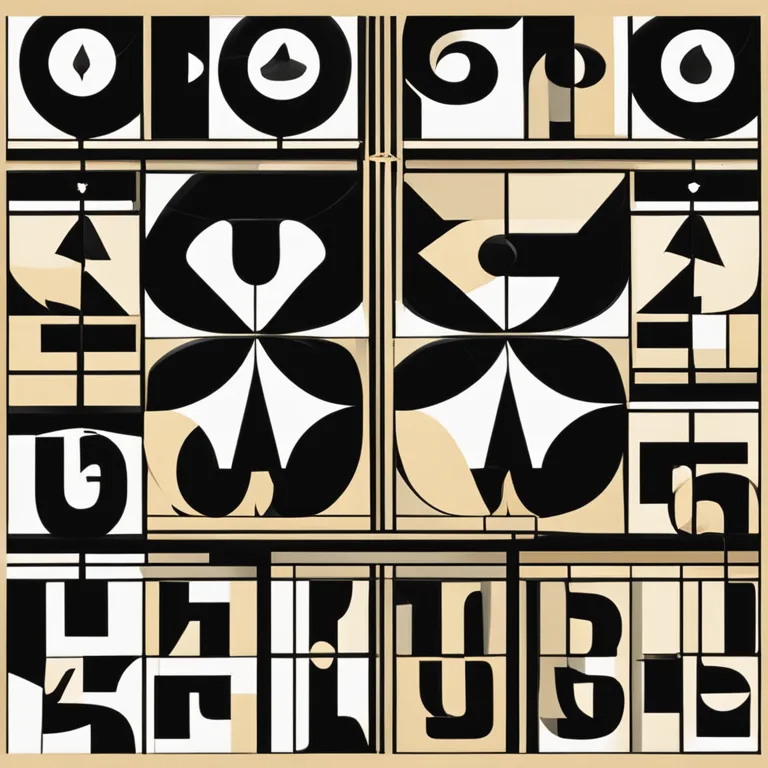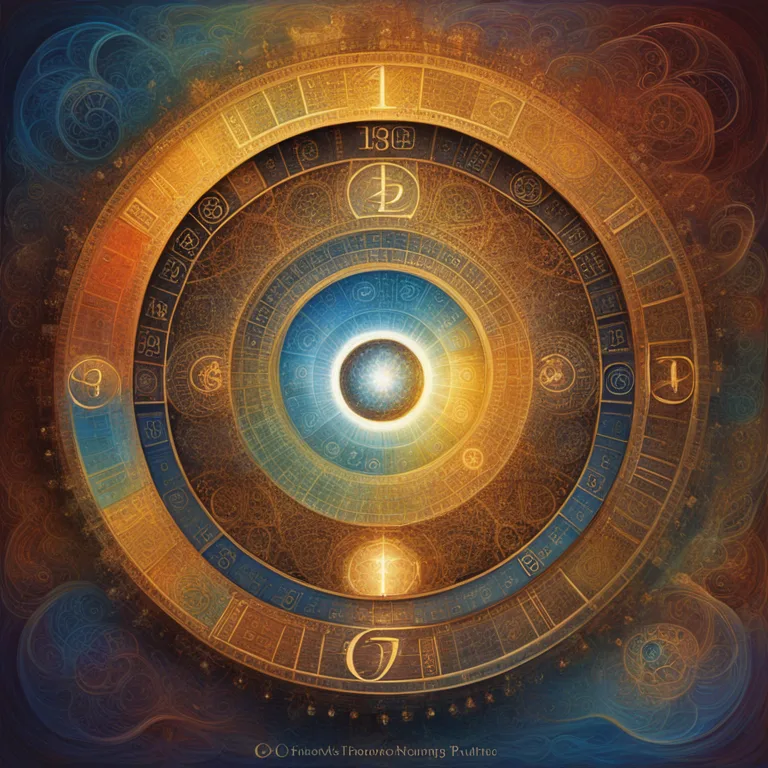
The Limits of Numerology: Can It Predict Death?
Numerology's ability to forecast life's end remains a topic of debate. This article examines the potential and limitations of using numbers to predict the ultimate transition.
article by Sofia Ferguson
Introduction to Numerology
Numerology is an ancient practice that interprets the significance of numbers and their influence on human life. It suggests that numbers carry vibrational properties which can affect an individual's life path and personality. The fascination with numerology lies in its potential to offer insights into various life events and characteristics. As we venture into an exploration of whether numerology can predict death, it's crucial to understand the foundational concepts of this esoteric science.

The Predictive Power of Numbers
Advocates of numerology claim that the practice can be predictive in several areas of life, including career, relationships, financial success, and life transitions. While numerology can provide personalized forecasts based on one's birth date and name, the accuracy of such predictions remains a topic of scrutiny and debate among both proponents and skeptics. Reliance on numerology for insights is driven by the belief that numbers and their combinations can be revealing.

Can Numerology Foretell Mortality?
When it comes to predicting death, numerology enters a highly sensitive and controversial domain. Many numerologists assert that mortality and its timing are territories beyond the reliable scope of numerical analysis. Due to the ethical and emotional implications, most practitioners abstain from making definitive predictions about death. The consensus in the numerological community is that while numerology may hint at potential challenges or periods of transformation, it does not provide clear-cut answers on the matter of life's conclusion.

Ethical Considerations in Prediction
Ethical considerations play a significant role in the practice of numerology and predictive arts in general. The prospect of predicting an individual's demise carries a heavy burden, as such information could induce fear, anxiety, and altered life choices. Ethical numerologists maintain the responsibility of providing guidance and insight without causing distress or harm, adhering to the principle of "do no harm."

Personal Responsibility and Free Will
In recognizing the complexities of life and death, numerology emphasizes personal responsibility and the power of free will. Though numerology may outline certain tendencies based on one's numeric blueprint, it acknowledges that individuals have the capacity to change and influence their life trajectory. Therefore, even if numerology were believed to indicate certain life challenges, the ultimate outcome remains within the individual's control through their choices and actions.
The Limitations of Numerology
As with any metaphysical tool, numerology has its limitations. It cannot provide detailed specifics such as exact dates or circumstances of one's passing. Numerologists generally agree that life's timing, including death, involves a complex array of factors that transcend a straightforward numerological formula. Numerology serves as a guide for introspection and personal development rather than a definitive oracle on the complexities of human existence, including the inevitability of death.
Conclusion
Numerology offers an intriguing lens through which to view life's patterns and potentials, but it stops short of predicting the time of death. Such predictions are not only ethically dubious but also miss the greater purpose of numerology—which is to empower and enlighten individuals along their life paths. As seekers of wisdom, we should approach numerology as a source of insight rather than a predictor of life's most profound mysteries.
Published: 12/21/2023
Modified: 12/21/2023
More predictions
Come back here soon to learn more about yourself and your future


Numerology: A Historical Insight
The article delves into the historical inception of numerology, tracing the roots and evolution of this ancient practice.


Birth Time Numerology Insights
Delve into the significance of birth time in numerology to reveal life's facets and potential paths.


The Origins of Numerology
Tracing the Roots and Founding Minds Behind Numerology